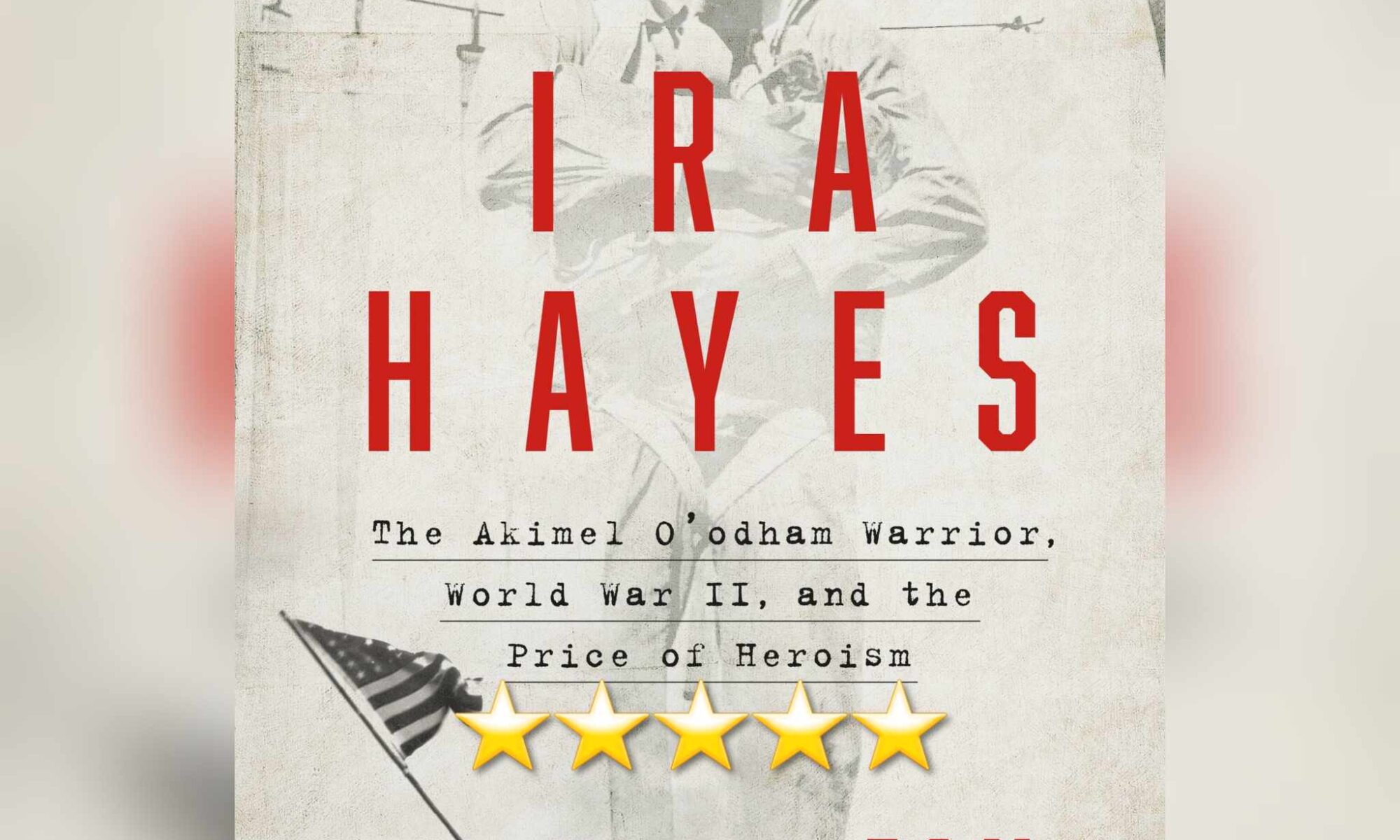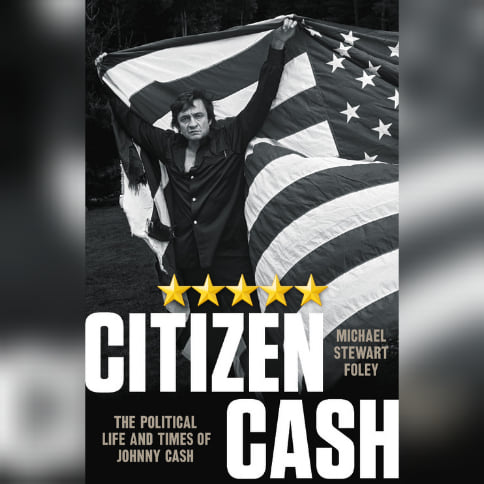Taylor Swift != “Modern Day Elvis Presley”! I came into this book wanting to read about the American Government on the Fourth of July. Honestly, as an avowed Anarchist and former Libertarian Party official at both the State and local levels + 2x rural small town City Council candidate… I probably should have known better. 😉
It isn’t that this book isn’t illuminating nor well documented – it actually is reasonably good at both, with a bibliography clocking in at 21% of the overall text. Seriously, if you’ve never considered the topic of land zoning as it is practiced in the United States and how it is used to control you, your neighbors, your town, even to a slightly lesser (direct) manner your State and even the entire Country… you need to read this book.
Bronin truly does a great job of examining the history of zoning as practiced in the US, including how it came to be and why and how it has been used over the century or so since it first came into being. (Indeed, according to Bronin, the Supreme Court cases that effectively legalized the practice are still not quite a century old at either the writing of this review in early July 2024 or when the book is scheduled to be released in early October 2024.)
My issue, and I think it is objective enough (if, perhaps, barely) is that Bronin approaches this topic as a Chair of a Zoning Board who wants Zoning Boards to be even *more* active in limiting what you can do with the property that you legally own and actively encourages strategies to accomplish a very progressive agenda, including “Climate change” and mass transit theories that barely work in the extremely densely populated “Boshwash” (Boston – Washington DC) corridor she rules the aforementioned Zoning Board in – theories that could never work in the *far* less densely populated areas of South Georgia or even Central South Carolina that I’ve lived in, much less west of the Missisippi River where population densities (until you get to the Pacific Coast) largely truly plummet. And yes, there are *reasons* I mentioned my political background up front in this review. 🙂
As but an example, I point to the title of this review – at one point in this text, Ms. Bronin does in fact claim that Taylor Swift is a “modern day Elvis Presley”. To be clear, if she had compared Ms. Swift to say the Beatles or the Rolling Stones or even Johnny Cash himself, that would have been a fair comparison and I would have had to find another example of where she is particularly outlandish without going into the actual details of the book (ie, spoilers). But as Ms. Swift never had to so much as register for the Draft – much less be selected by it and forced to serve in the US Military, this alone shows that Elvis was a different breed entirely. And to be clear, lest any Swifties attack this review just because of this paragraph, I’m not actually criticizing Ms. Swift. She is indeed a global phenomenon and is clearly quite talented in her own right. I am not saying otherwise or taking anything from her. I’m simply noting that for all she has done and all the fans she has, Elvis was *still* on another level from her.
Overall, read this book. Seriously. You’re going to learn a lot, no matter your own political leanings or how you feel about the sanctity of private property. But “if you feel as I feel” (to quote the always amazing V for Vendetta), know there will be many points you will want to defenestrate this book forthwith and from the highest available window. But unless you’ve had the experience of myself or Ms. Bronin or the admittedly *numerous* people like us who *have* actively dealt with zoning boards at some direct level before… you really are going to learn some things here. Clearly, even *I* learned a few things here myself, even *with* a few years of directly relevant experience.
Recommended.
This review of Key To The City by Sara C. Bronin was originally written on July 5, 2024.




